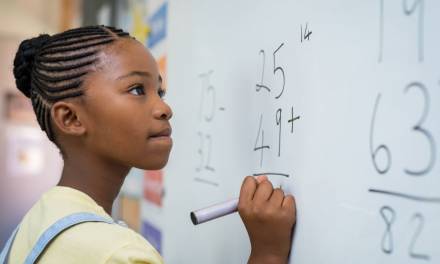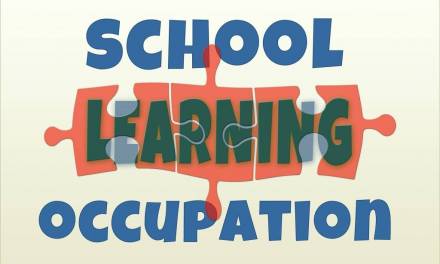Catch-up learning is the order of the day – with students three months behind on learning, and some students have fallen up to 12 months behind where they should be.
Literacy and numeracy are essential skills for everyday life in adulthood – this means it is critical that these skills are taught as a matter of urgency.
But how can catch-up learning be supported in core subjects? This blog post explains.
Work out how far pupils are behind
An important consideration to make about how to support pupils who are behind is to identify their needs and the reasons they may be struggling.
Diagnostic assessment is a good way to achieve this.
Diagnostic assessment identifies specific areas of strength and weakness in learning before the teaching or intervention begins. It is important to identify these prior to implementation because pupils may not make good progress; for example, activities may be too hard or too easy, they may have poor prior knowledge, or poor working memory. The diagnostic assessment data can be used to change the testing approach so that it is more suited to the pupil’s needs.
Source: Education Endowment Foundation
Using a platform such as EDStarz means using the in-built student assessment you can quickly identify strengths and weaknesses, and gaps in knowledge. When a learner is first introduced to the system they will compete a screening test which will then lead on to a diagnostic test. After sitting the test:
- The system automatically marks the papers
- This will then identify the gaps in the students knowledge that they may have
- The EDStarz system then programmes a learning pathway for the learners to independently follow
- It assigns the personalised lesson pathway
Book a demo here.
What is the definition of low attainment
Low attainment is defined as attainment below age-related expectations in a particular curriculum subject or skill.
At the end of KS2 boys, pupils on free school meals, disadvantaged, SEN pupils, and the ethnic groups Gypsy/Roma, traveller of Irish heritage, Pakistani and Black Caribbean all tend to be the lowest attainers in numeracy and literacy.
How to support literacy and numeracy catch up
According to the Department for Education:
Writing interventions appear to show consistently good results. In particular, where trips are used as topics for pupils to write about. Reading comprehension interventions generally have a positive effect on pupils’ attitudes towards reading; computer-based interventions appear effective, and some one-to-one methods have substantial positive results on pupils’ literacy progress.
How EDClass can help
EDClass can help your students’ catch up.
Catch-up learning is available in a number of subjects including maths, English and science. Over 11,000 lessons are available and a tailored learning pathway means teachers can pinpoint learning to students’ needs.
The EDClass virtual classroom features live and recorded lessons, learning materials, assessments, tasks, quizzes and more. A sophisticated tracking system means teachers’ can monitor attendance and performance.
The system can be used in the school setting as well as homework. A range of safeguarding measures ensure learners are protected while learning from home – including alert mechanisms, enhanced DBS checked staff and eyes-on learning.
Book a free demonstration here.
You can read EDLounge Ltd’s 2019 Ofsted inspection report here.
Find out more by calling 01909 568 338.









